Why Apple won't sue the company that stole 100K iPhones eventually sold in China
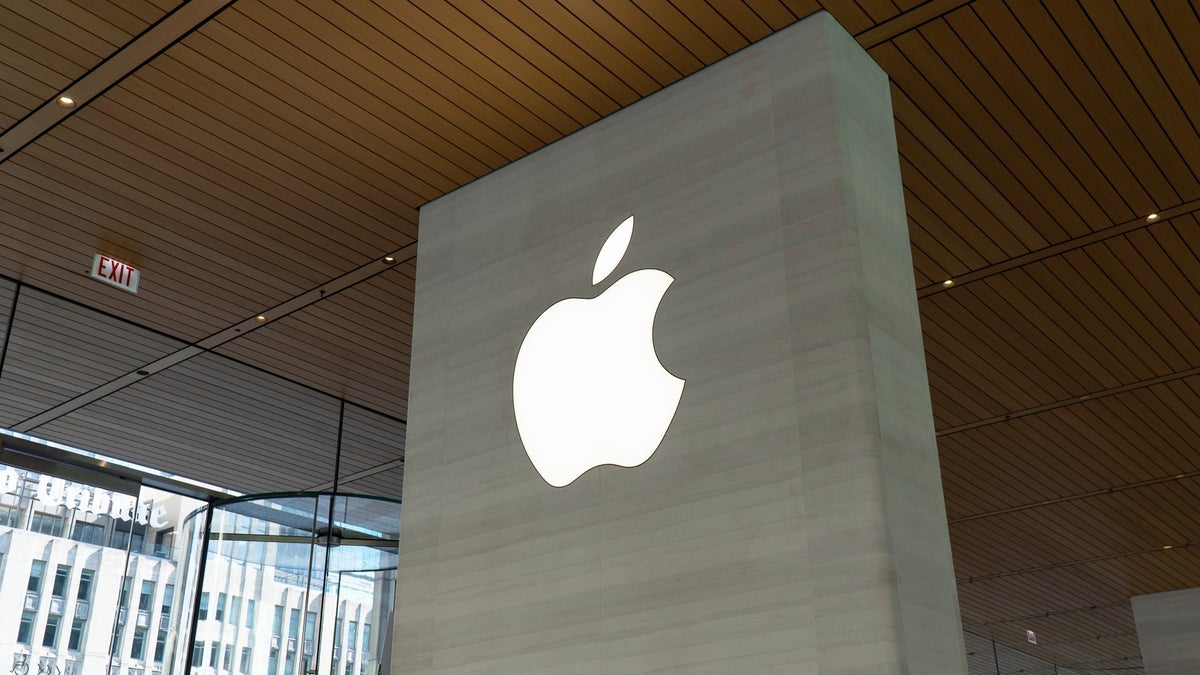
Apple has seemingly decided not to proceed with a lawsuit against a contractor known as GEEP it pays to scrap more than 250,000 iPhone units each year. These devices were taken in by Apple for trade or recycling and many were in working condition and could have been factory reset, refurbished, and sold in the used smartphone market. According to Bloomberg (via 9to5Mac), Apple discovered that at least 99,975 of these iPhones were shipped by GEEP to China where they were sold on the used device market in that country.
In 2020, a breach of contract suit against GEEP was filed by Apple, but there has been no follow-up on the part of the tech giant. The suit will be automatically dropped in January 2025 if Apple doesn't continue to move forward with its legal action. In August 2024, a lawsuit filed by GEEP against three former employees believed to be responsible for the theft of the iPhone units will also be dropped automatically.
So why would Apple, which sent GEEP more than 530,000 iPhones, 25,000 iPads, and 19,000 Apple Watches to dispose of in the first two years of their contract, decide not to pursue legal action in what might be an easy legal victory? It would appear that Apple did not want the public to learn that it scrapped hundreds of thousands of working iPhone units to prevent these phones from taking away sales of higher-priced new iPhone models.


As noted by Bloomberg, many of the iPhones that Apple paid to be scrapped were prime candidates to be refurbished. The actions that Apple tasked GEEP with would contradict its statement saying that "reuse is our first choice." The company also made public a goal to reach 100% carbon neutrality for its product life cycle by 2030.
You might recall Apple's recycling robot "Daisy," which disassembles hundreds of older and unwanted iPhone handsets each hour and collects usable parts from these handsets. Bloomberg's article suggests that showing off Daisy to the press was merely an attempt by Apple to generate positive public relations. The report notes that at the same time Apple was introducing Daisy to the Netherlands, a person employed by Apple recycling partner Re-Teck, claims to have witnessed tons of AirPods, Apple Watches, and Macs get crushed. Many of the devices, which appeared to be in good shape, were whacked at and scrapped by Re-Tech employees wielding hammers.
While the optics might not be good for Apple, scrapping devices that could be refurbished is not a crime although iFixit co-founder Kyle Wiens believes that such action should be made illegal.
Follow us on Google News








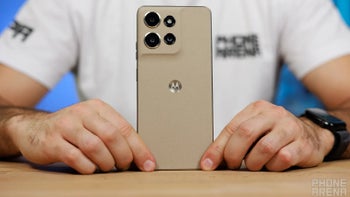
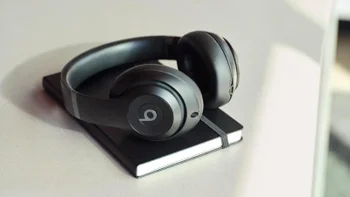
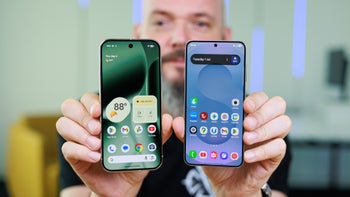
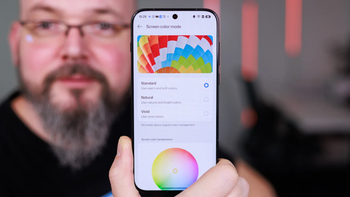
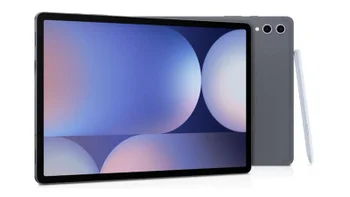
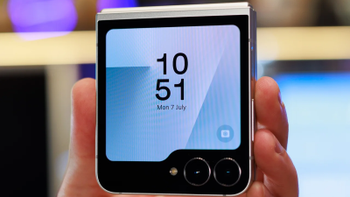
Things that are NOT allowed:
To help keep our community safe and free from spam, we apply temporary limits to newly created accounts: